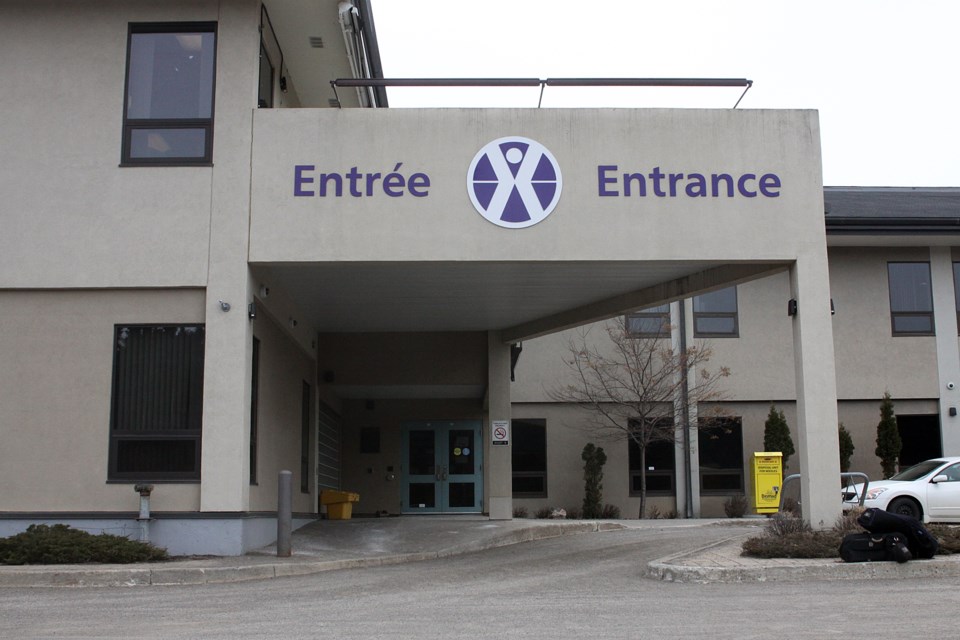THUNDER BAY — The Thunder Bay District Health Unit says a one per cent annual funding increase announced by the province won’t cover its rising costs, shifting more expenses onto district municipalities including the City of Thunder Bay.
While those municipalities will pick up only around $100,000 in new costs next year, health unit staff call it an unsustainable trend that could put increasing pressure on local tax payers in the coming years.
The comments came as the local board of health set the health unit’s 2024 budget at a meeting last week, when it also voted to examine a potential merger with the Northwestern Health Unit.
The board approved the health unit's budget for mandatory provincial programs, representing nearly $17 million in spending across district communities.
The province provides just over $12 million of that, while the health unit will collect another $3.6 million in municipal levies. Revenues from fees and investment interest contribute nearly one million dollars.
The province has indicated it will provide a one per cent annual increase to health units over the next three years.
“We know that’s not enough to cover our fixed costs and even just our wage increases, for example,” finance manager Dan Hrychuk told the board.
Hrychuk said public health units are still advocating for larger increases from the province.
Responding to a TBnewswatch inquiry, Ministry of Health spokesperson Hannah Jensen said the government has increased overall program funding to the TBDHU by 17 per cent since 2018.
That increase included COVID-19 pandemic funding and dollars for new mandated programs like the Ontario Seniors Dental Care Program, however, the health unit noted.
The agency says its base funding from the province has increased by an average of 1.27 per cent over the past six years.
Jensen also defended the one-per-cent yearly increases planned over the next three years.
“This increase in permanent funding each year is in direct response to the asks of public health units, including Thunder Day [sic], to the province, to provide stabilized funding instead of the one-time funding received throughout the pandemic,” she wrote.
The health unit will raise municipal levies by three per cent in 2024 to help cover rising costs, which staff said include negotiated salary and benefit increases, inflation on purchased goods and services, and hikes to utilities, insurance, and software licenses.
Staffing costs account for over 80 per cent of the budget, funding 139 full-time equivalent employees. The 2024 budget keeps staffing levels essentially flat.
The levy hike will cost district municipalities just over $100,000 next year, with the City of Thunder Bay picking up around 80 per cent of that.
The levies work out to $30.46 per capita, the health unit says.
While the province isn’t providing what the health unit says is needed to keep up with rising costs, it has definitively abandoned a plan to slash its public health funding.
The Ford government had outlined its intention to move from an arrangement that sees public health costs funded 75 per cent by the province and 25 per cent by municipalities, to a 70-30 ratio.
The change would have forced district municipalities to pick up close to a million dollars in new costs, with the City of Thunder bearing the majority of the burden.
The province previously said it was postponing the cuts, but has now taken them off the table.
Staff also revealed the province hasn’t yet confirmed if it will fund COVID-19-related programs including vaccine delivery next year.
Staff warned that uncertainty presents “significant risk” to the agency’s budget.
“Right now we have no indication from the province if COVID funding will be available going forward, and also what the requirements of the health unit will be… so whether or not we have to continue to administer COVID vaccines, for example, and how that will be funded,” said Hrychuk.
The largely status-quo budget includes increases for some programs, with the budget for the Ontario Seniors Dental Care Program up by over $160,000, reaching nearly one million dollars.
The provincially-funded initiative provides comprehensive dental care to eligible low-income seniors, and is intended in part to help reduce unnecessary trips to the hospital and prevent chronic disease.
The health unit’s user fees will not increase, with the exception of land development charges.
